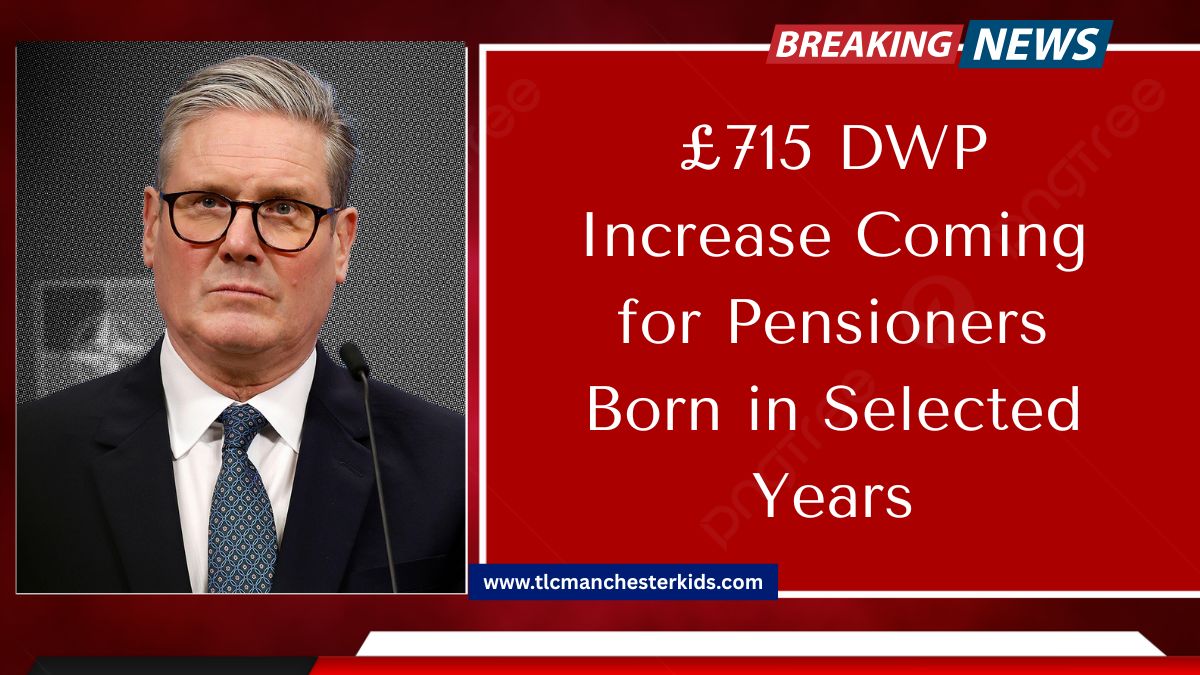Under the Triple Lock system, pensioners born before 1959 are set to receive an additional £715. The Labour Party government has reaffirmed its commitment to the Triple Lock, which was first introduced in 2011.
This move is part of their broader initiative to provide substantial support for pensioners.
What the Triple Lock Means for Pensioners
For those claiming the New State Pension (introduced in 2016), a forecasted six percent rise in the Triple Lock could see an increase in payments from £230.25 per week to £244 per week.
This would equate to an additional £715 annually. Meanwhile, pensioners on the Basic State Pension would experience a rise from £176.45 to £187 per week, amounting to an extra £548.60 over the course of the year.
The Role of Wage Growth and Inflation
The exact increase is determined by the Triple Lock system, which considers three key metrics: earnings growth, inflation, and average wages. As of now, earnings growth is slightly surpassing inflation, making it the likely factor for the 2026 increase.
According to Aaron Peake, a personal finance expert at CredAbility, the expected rise is largely driven by wage growth, which currently stands at around six percent. He noted, “This figure could serve as a ballpark estimate for the upcoming rise in state pensions.”
Financial Advice for Pensioners
Peake also provided advice on managing the expected increase. He recommended considering high-interest easy access savings accounts, especially with interest rates likely to remain high. These accounts allow pensioners to access funds whenever necessary, which suits those relying on a fixed income.
For those looking for more secure returns, he suggested fixed-rate bonds. While these bonds lock away your money for a set period, they often provide better returns and peace of mind.
Concerns About Rising Costs
Despite the pension increase, some pensioners have expressed dissatisfaction. One individual criticized the £715 increase, pointing out that it would likely be subject to 20% tax, leaving them with only £550 in net gains.
With rising taxes, increases in the cost of living—especially for food and utilities—pensioners feel the impact of these price hikes, making the raise less meaningful.
Further frustration stems from concerns about broader economic changes, including government tax hikes and border agreements that could affect the financial well-being of pensioners.
While the Triple Lock pledge offers a much-needed boost for pensioners born before 1959, some individuals remain concerned about the overall impact of rising costs and taxes.
Although the increase offers much-needed support, the £715 rise may not go as far due to the taxes and inflation squeezing its value. State pensioners are encouraged to explore savings strategies, such as high-interest accounts and fixed-rate bonds, to maximize their income during these challenging times.
FAQs
What is the Triple Lock system for pensions?
The Triple Lock ensures that pensions rise by the highest of earnings growth, inflation, or average wages to guarantee pensioners’ income keeps up with the cost of living.
How much will my state pension increase in 2026?
If the Triple Lock increases by six percent, those on the New State Pension could see their weekly payments rise from £230.25 to £244.
Why do pensioners have concerns about the pension rise?
Some pensioners are worried that the increase will be taxed at 20%, leaving them with a net gain of just £550. Rising costs of living and tax hikes also contribute to their dissatisfaction.
